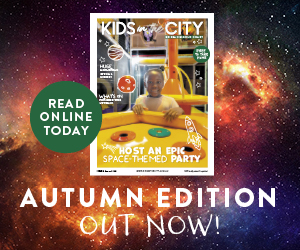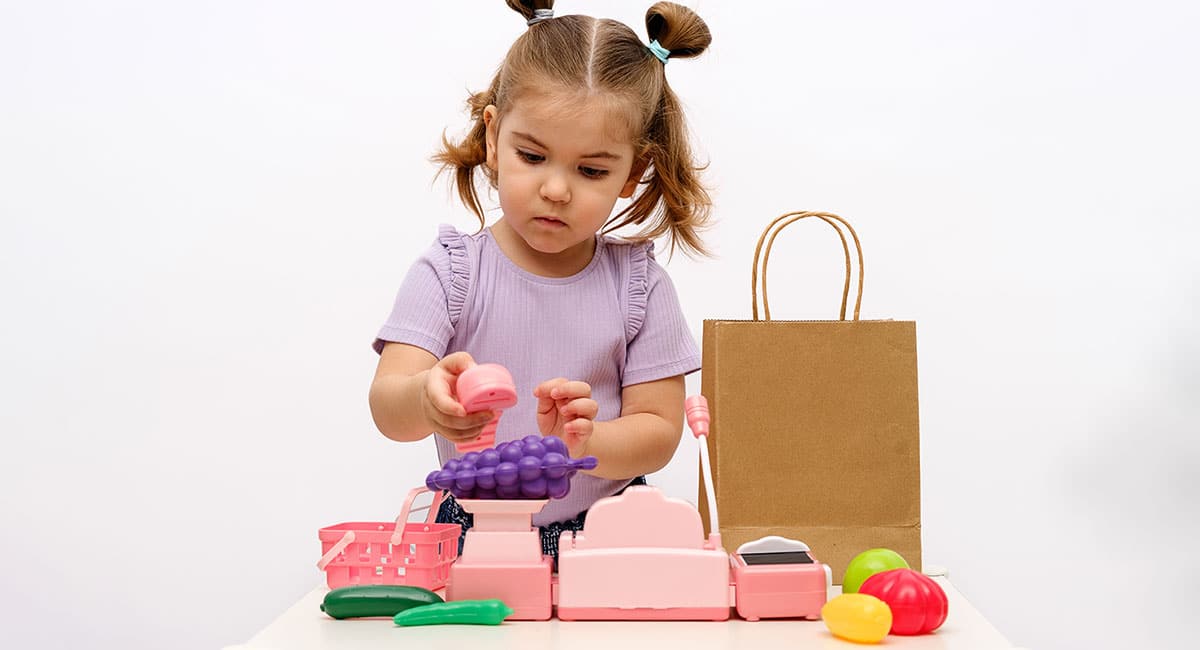For many new parents, an instant bond forms from the moment you set eyes on your new little bundle. For others, however, bonding with your baby can take some time. Maybe instead you find yourself looking at the teeny scrunched up face and wondering, ‘who is this person?’
It’s not uncommon for new parents to struggle building a relationship with their newborn. The one-way street, where you give everything and they can hardly communicate in return can make it hard for a bond to form. Instead, parents can feel emotionally underwhelmed in those early days and unfortunately this can lead to feelings of failure.
However, there’s no need to worry if you aren’t feeling that immediate bond. Attachment and bonding can sometimes take weeks or months of getting to know and understand your baby. As long as you are having fun and feel happy around your newborn, bonding with your baby will naturally happen over time.
What exactly is bonding?
Bonding is the special attachment that forms between a parent and their baby. It’s that instinct that makes you want to care and nurture your child. To always respond to their needs with love and care. Bonding is an important human instinct that gives a baby a sense of security and self-esteem. When bub gets what they need from you—a smile, a touch, a cuddle—they feel the world is a safe place to explore.
This supports them to bond with others and lays the foundation for development and early learning. With repeated human contact, such as touching, cuddling, talking, singing and eye contact, your newborn’s brain releases hormones that help their brain to grow. And as your newborn’s brain grows, they start to develop memory, thought and language.
Though it might not be easy to interpret at first, babies communicate from the day they are born. In their first few months, this is done through crying (using different cries for different needs), cooing and squealing, eye contact, smiling and grimacing, and body movements, such as kicking their legs in excitement. Observing a baby’s cues and modifying your touch, eye contact and voice to suit the responses is much like having a ‘conversation’ with your baby. Researchers call these types of interactions ‘serve and return’ and believe they form the basis of brain, cognitive and social development.
Things you can do to support bonding
The early days of parenthood can be overwhelming. Here are a few simple things that can help to develop a bond and remind you to take a breath and enjoy a moment with your baby.
Cuddle
Just sitting with your baby, being with them, cuddling them, letting them know that they are safe and secure, is one of the most important ways to bond with your newborn. You can never cuddle a baby too much! Babies aren’t neurologically developed to cry for attention, they cry because they need support and a sense of security. Cuddle your baby all you like—it will only benefit them in the long run.
Healthy touch
Touch is a vital part of baby’s development. It helps to regulate their heart rate and breathing, promotes healthy weight gain and plays a role in cognitive and social development. Bath time, nappy changes, bedtime, feeding and floor time are all great opportunities to experiment with healthy touch and see what your baby likes. A little massage on the legs or gentle stroking on the back can enhance your bond, and will give you both a rush of oxytocin—the ‘love’ hormone that is released through soothing physical contact.
Eye contact
Research shows that eye contact is vital for parent-child attachment and a child’s social and emotional development. Offer your baby lots of eye contact, but don’t worry if at first they can only hold your gaze for a few moments—as they develop this skill, they will use eye contact more and more to share important information with you. In the nursery at Sanctuary Early Learning Adventure, whenever the babies are on the floor, the educators sit on the floor with the babies. This enables them to truly connect with the babies and be at their eye level.
It’s very daunting for the babies if you have adults standing up and walking around them all the time. We spend a lot of time at their level building trusting relationships. This supports them to feel secure enough to explore their environment.
Talk, sing and tell stories
Babies love it when you sing and talk to them! As well as the positive interaction this brings, infant-directed speech (IDS)—that sing-song voice with a higher pitch and longer vowels that people subconsciously use with babies—aids language acquisition, and helps babies develop their attention and focus, as well as aspects of social development.
Studies have revealed that singing to infants can reduce crying, help them sleep through the night, increase bonding and reduce maternal stress. One clinical trial found that premature infants in an intensive care unit, who were exposed to lullabies, showed improved heart and respiratory rates, better sleep and feeding patterns and better weight gain.
A wonderful way to soothe a baby is to take a rug outside and lay down with them. Watch the wind blow through the trees. Talk to them about what you can see and hear. Babies love listening to your voice whilst interacting with the natural environment, and it’s a delightful bonding experience for you both.
When to ask for help
If you don’t feel an immediate bond with your baby, you’re not alone. The most important thing is to confide in someone you trust and seek support sooner rather than later. Those first weeks are so important—early intervention is best. Friends, family, midwives, and maternal, child and family health nurses or your GP can be great sources of support.
Beyond Blue also has a variety of resources available online for expectant and new parents, including a guide to emotional health and wellbeing and a two-minute mental health checklist for mums which will help you get a better sense of how you’re feeling.
Simple tips for bonding with your baby
- Look into baby’s eyes
- Give them a massage
- Put your phone away
- Look in the mirror together
- Go skin-to-skin
- Take in their smell
- Read a book
- Come up with a pet name just for them
- Leave the mess and have a cuddle
- Talk to them
- Give plenty of kisses
- Breathe through the crying
- Go on a mum-and-baby date
Collaboratively written by the team at Sanctuary Early Learning Adventure. Sanctuary Early Learning Adventure offers quality early learning and care for children
ages 6 weeks to 6 years.
www.sanctuarylearning.com.au | 1300 00 PLAY
YOU MAY ALSO LIKE:
Stressed out and ready to shout?
Why is my baby crying?
Servicing Brisbane, Gold Coast, Sunshine Coast and beyond, Kids on the Coast is an online guide for parents with kids events, attractions & things to do with kids, schools and education, school holiday guides, health & wellbeing for families, parenting and lifestyle news located on Gold Coast, Sunshine Coast & Brisbane, QLD.






